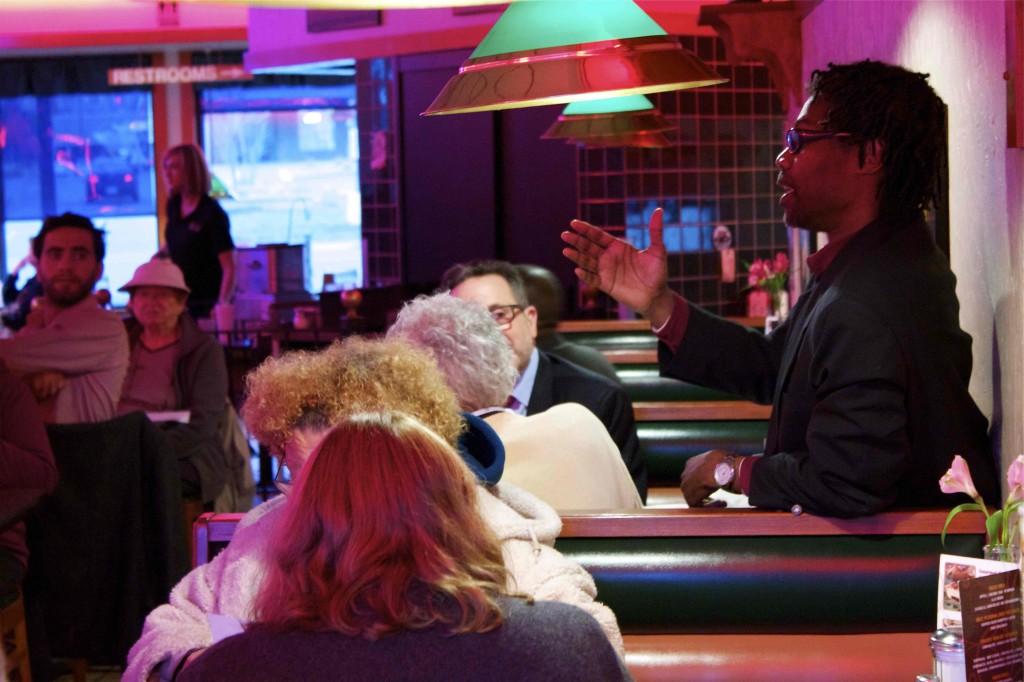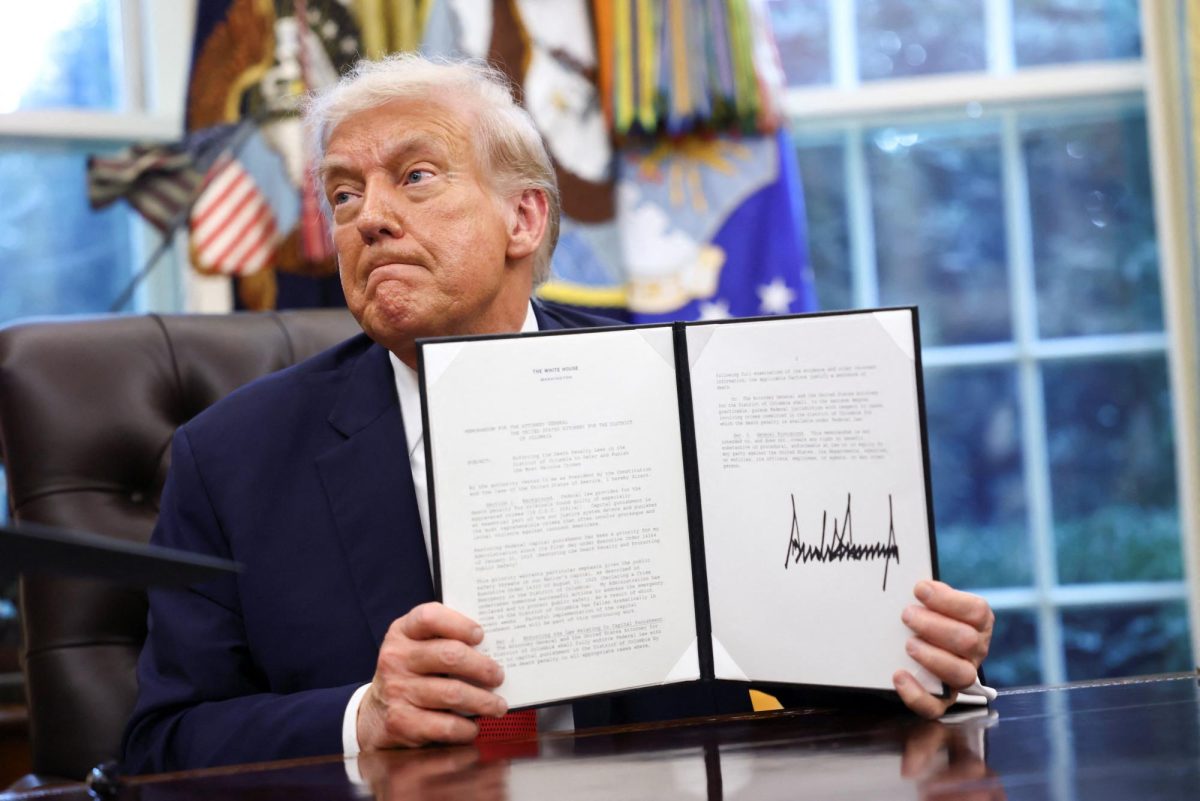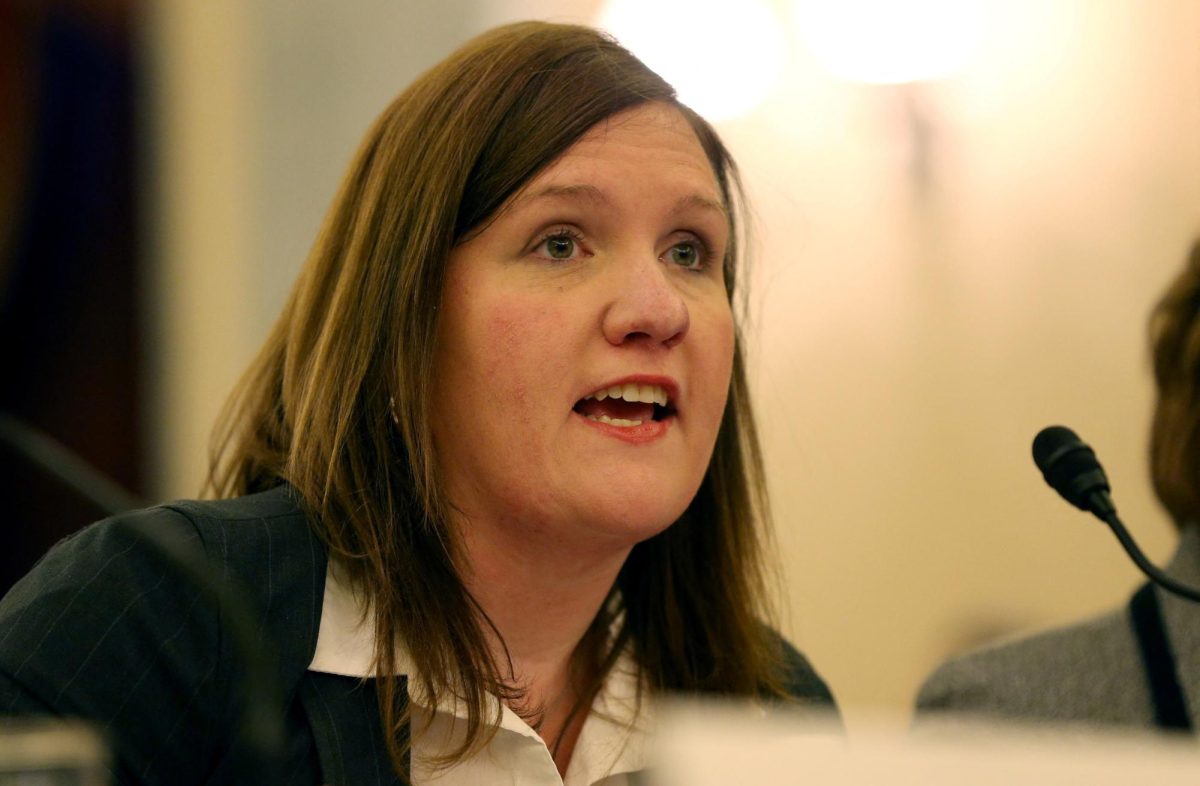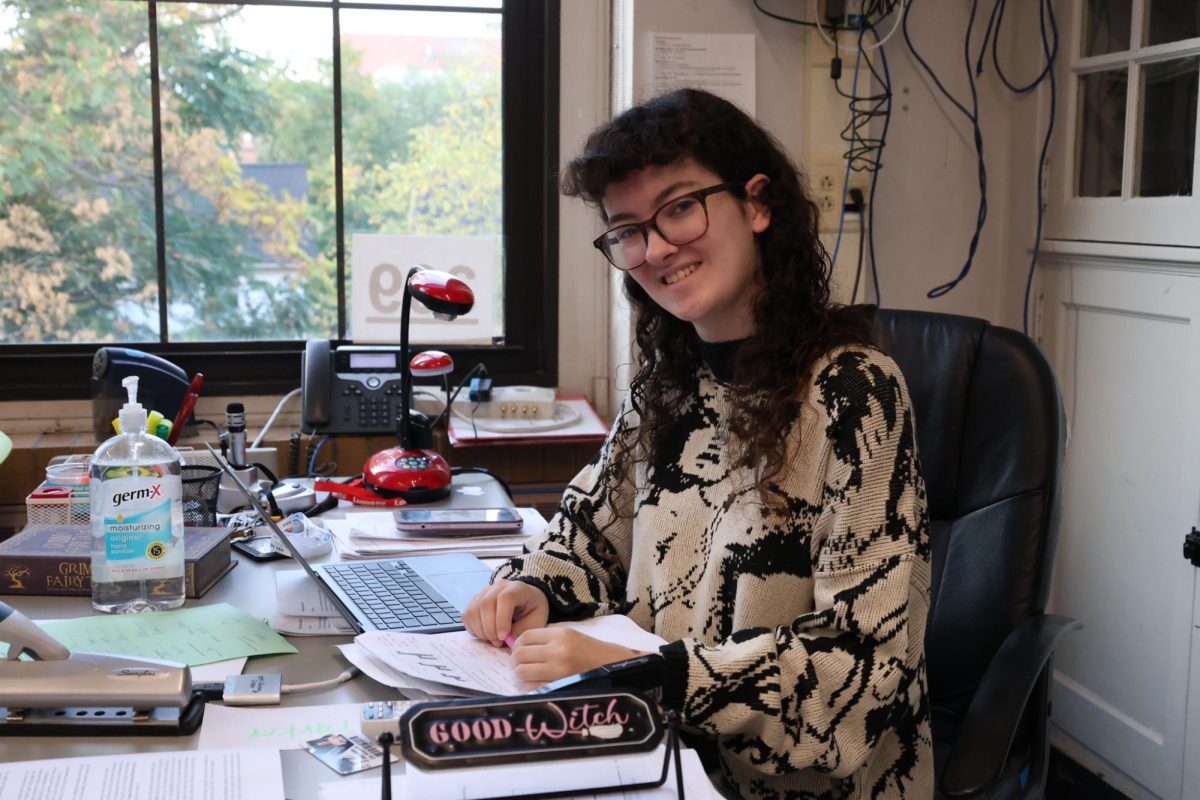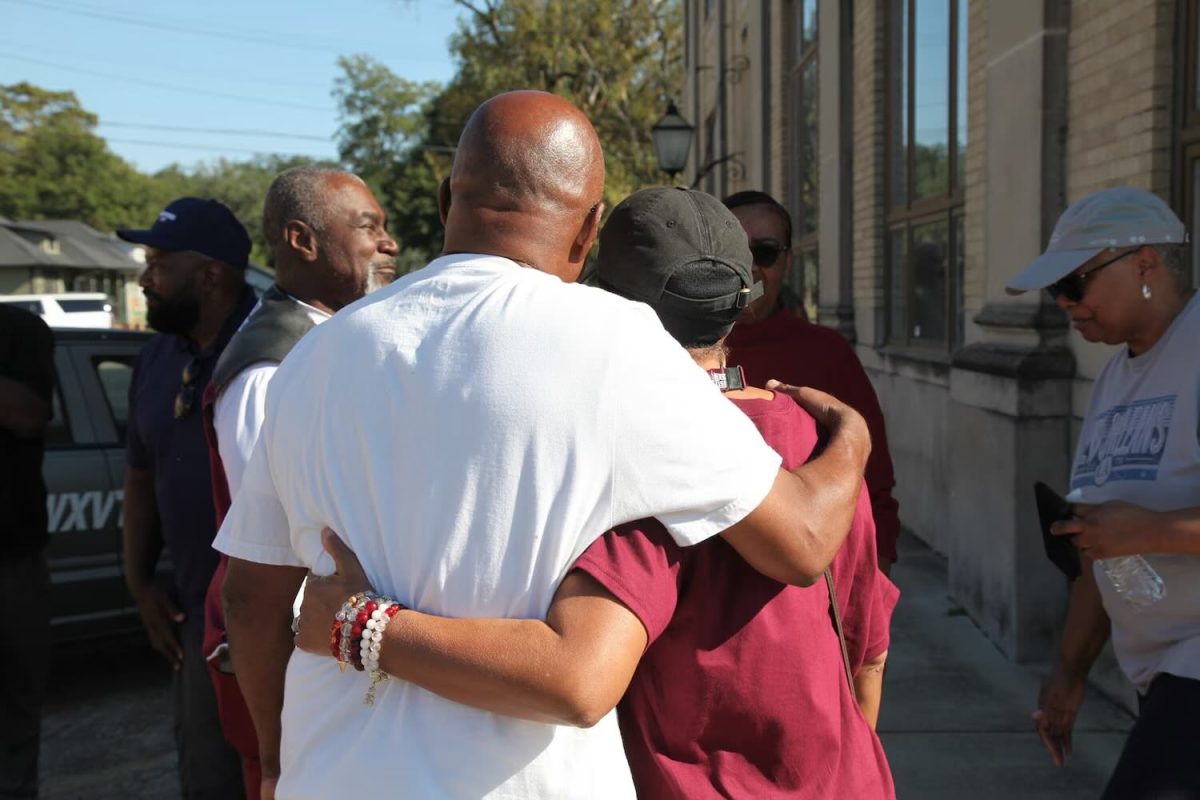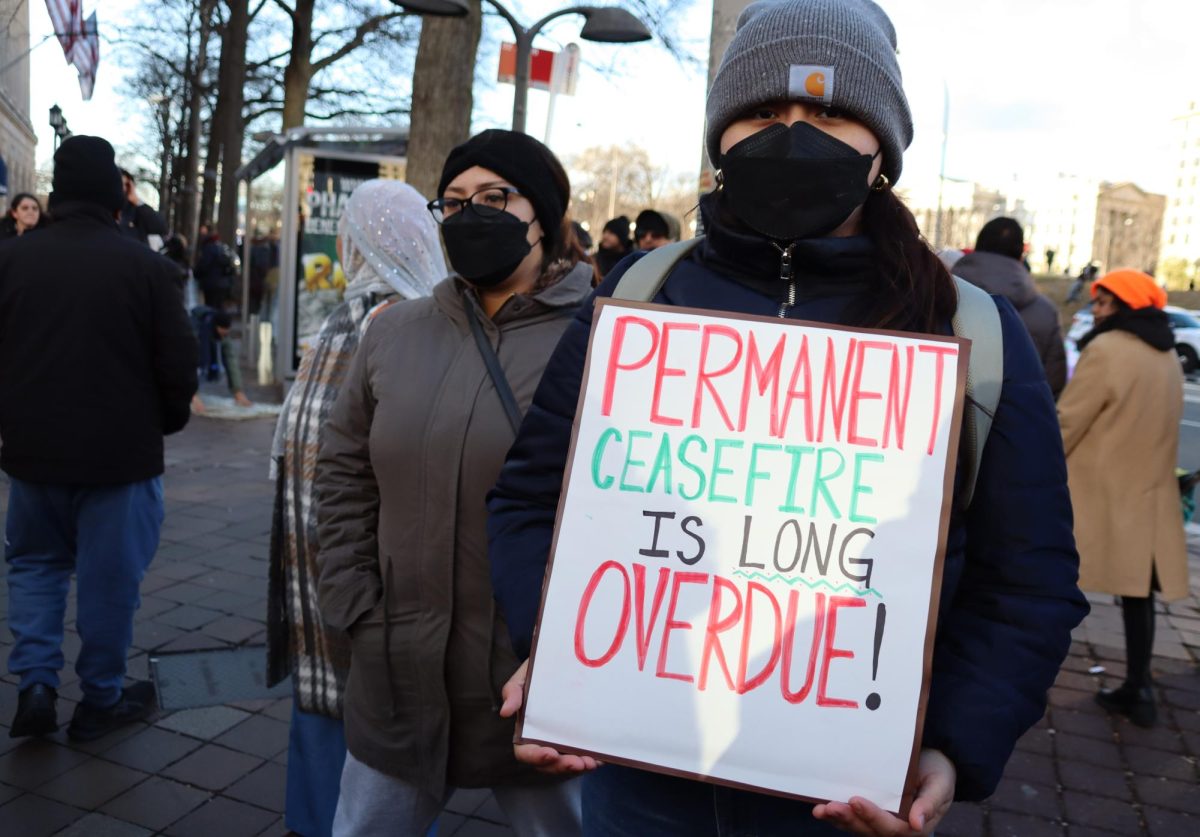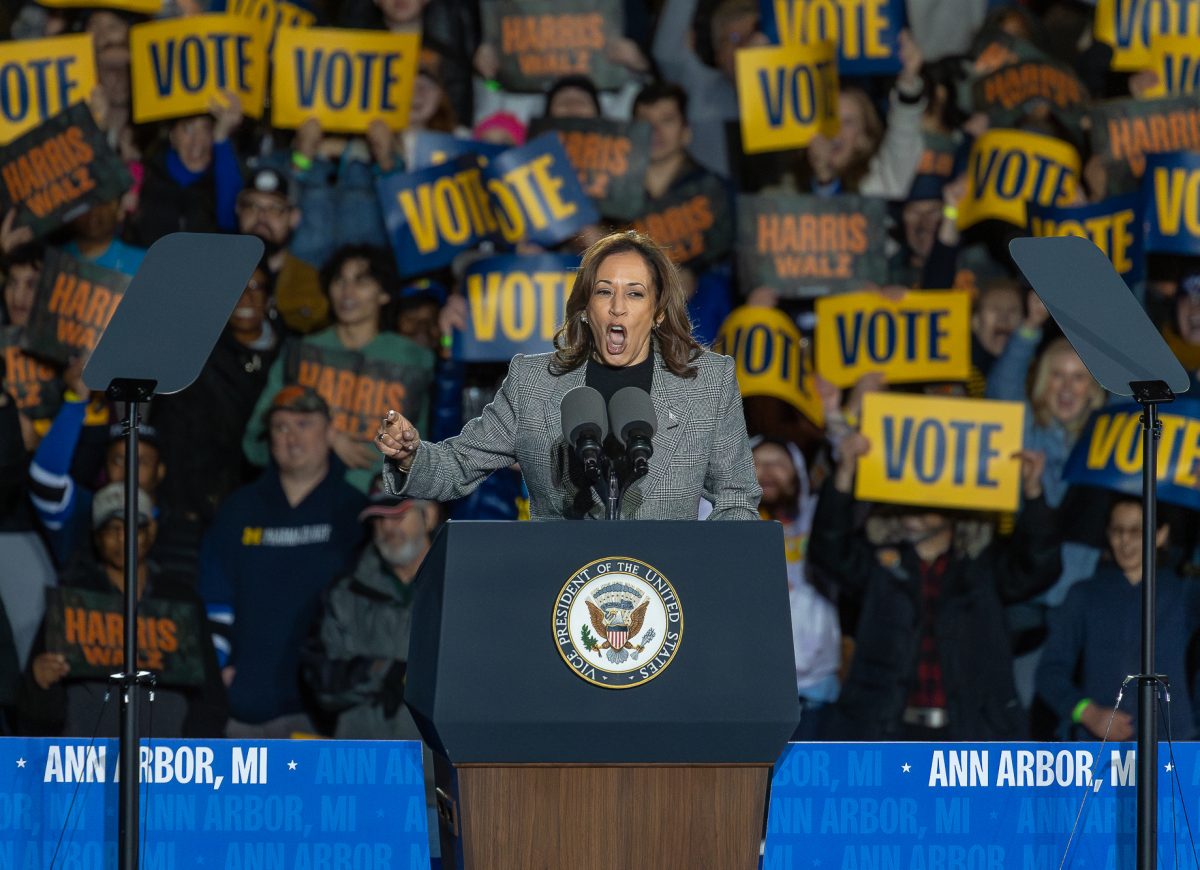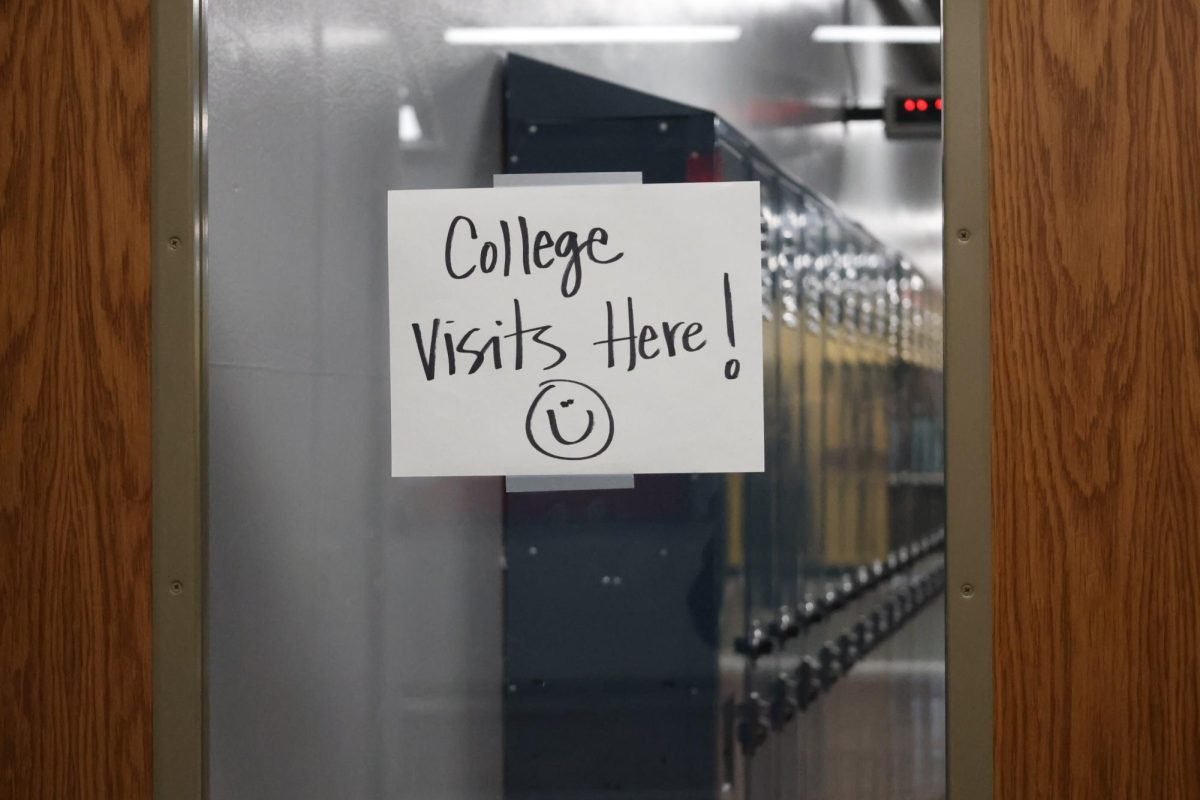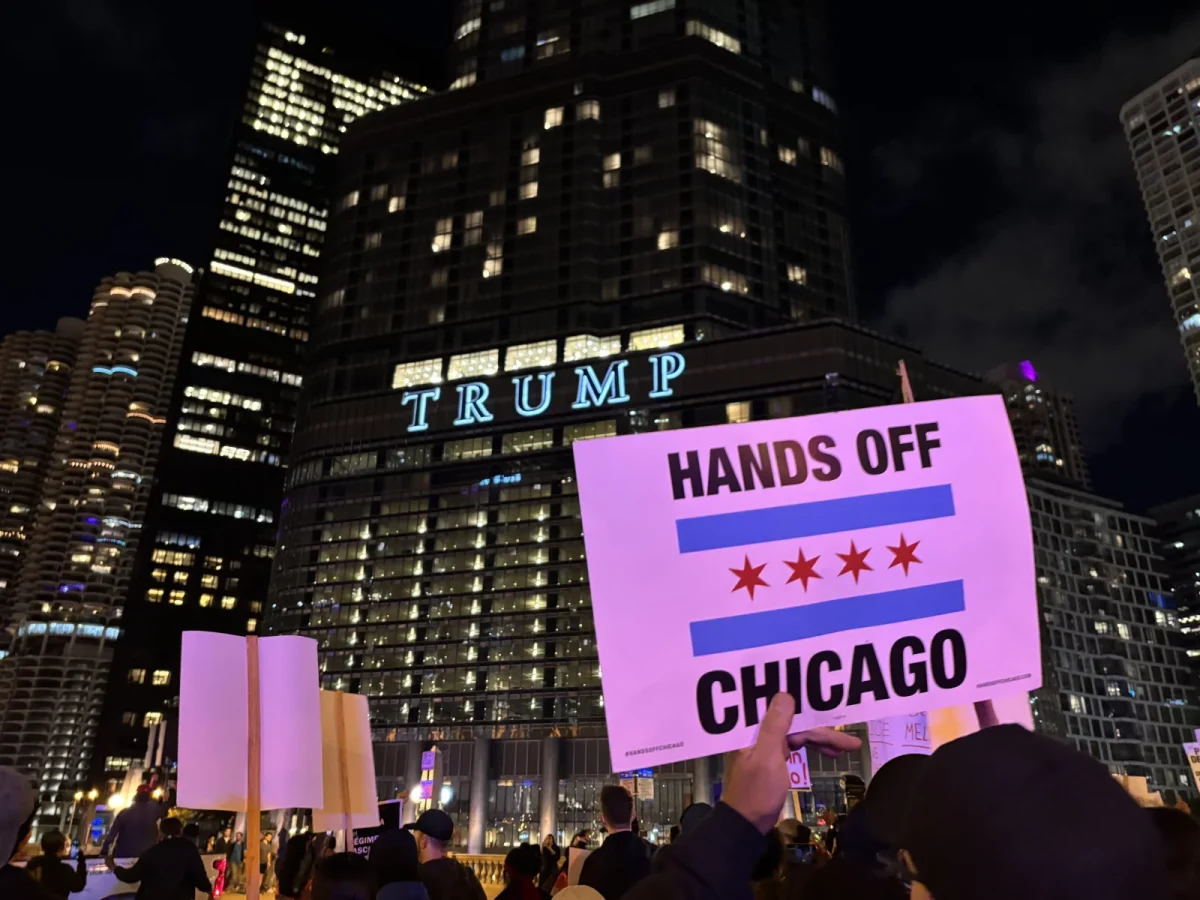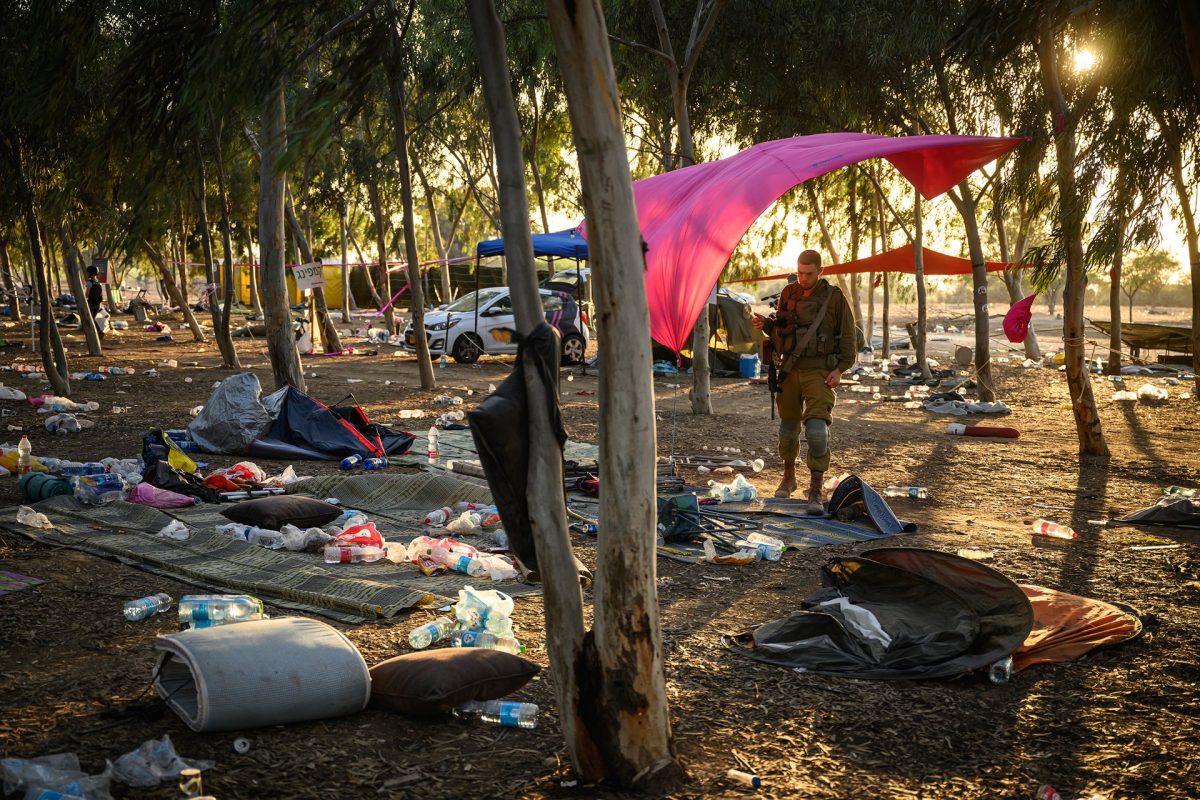In 2012, the stakes in the presidential election seemed higher than ever. The two candidates’ platforms were deeply divided, and both parties went to every length to secure victory. Now, with Barack Obama in his second term in office, there are endless issues to be resolved, and organizations are in place to achieve the goals of his platform at a national and local level. Change is often characterized by politicians voting in Washington, but that couldn’t be farther from this; 40 people gathered in a diner in Ann Arbor, hoping to make a difference.
These people are a part of Organizing for Action (OFA), a nationwide program that takes place on a local scale. Members from individual towns are coming together to ensure that Obama’s agenda advances. The first Ann Arbor meeting took place on Tuesday, March 12 at Holiday’s Restaurant on West Stadium Blvd. It was led by Brooke Fajardo, who is a native of Ann Arbor’s west side. “What we are doing is creating something that has never been done before. The same thing is now happening across the country,” Fajardo said.
On Tuesday night, eager participants filed in until the restaurant was filled. As they introduced themselves, faces were slowly revealed as major contributors in politics. Scattered across the room were campaign organizers for Obama, a delegate, the chairman to the Ann Arbor Democratic Party and many other dedicated people who played roles in Obama’s campaign in 2012. However, anyone who feels passionately can participate. Fajardo commented, “Whether we’re new or experienced, we all bring something to the table.”
Although OFA is a product of the Obama Administration and vastly democratic, it is nonpartisan. “As a nonpartisan organization,” said one member, “we should work on correcting misinformation.” Education is, in fact, one of the main goals of OFA. In order for the public to make changes, it is essential for them to be well-informed about what they are changing.
This being the first meeting, the main goal was to structure the organization itself. However, the eager members were quickly dividing into committees to work on specific issues. At the top of the list, issues included immigration reform, climate change, and voting rights.
The first step on OFA’s agenda is to hold an event informing people about the recent sequestration, or major cuts to government spending. This is an appropriate way to begin, seeing as the sequestration is having direct effects on regular people, and regular people making a difference is the basis of the entire program.
A major aspect of OFA is the individuality of each participating town. With so many different angles, issues, and people, it makes creating a framework for the organization difficult. Fajardo reported, “Even OFA leadership at this point doesn’t know what this program will become.” But with so many dedicated citizens on board, OFA will hopefully find itself forging ahead to create the change Obama has planned.



